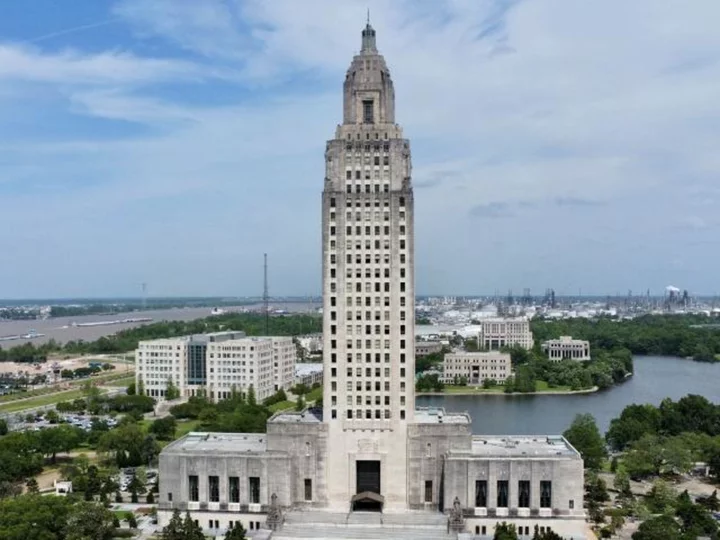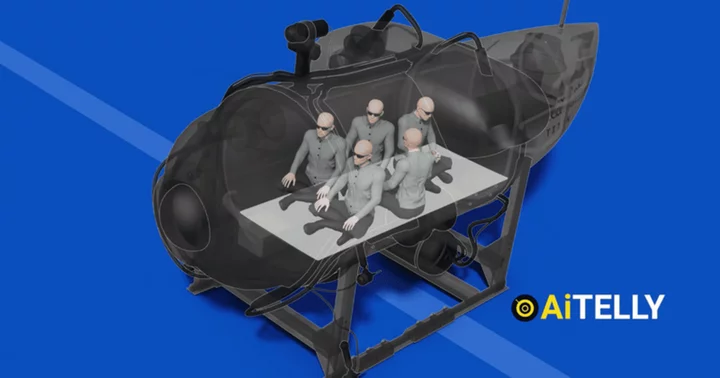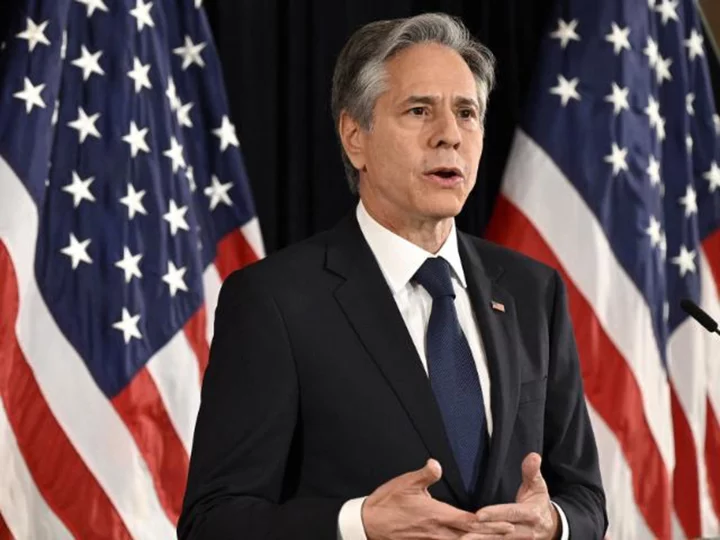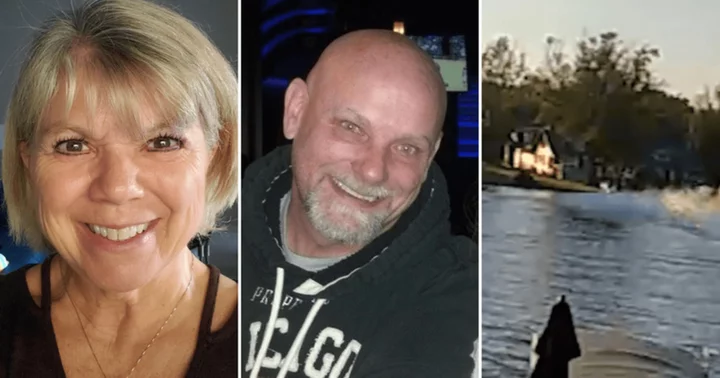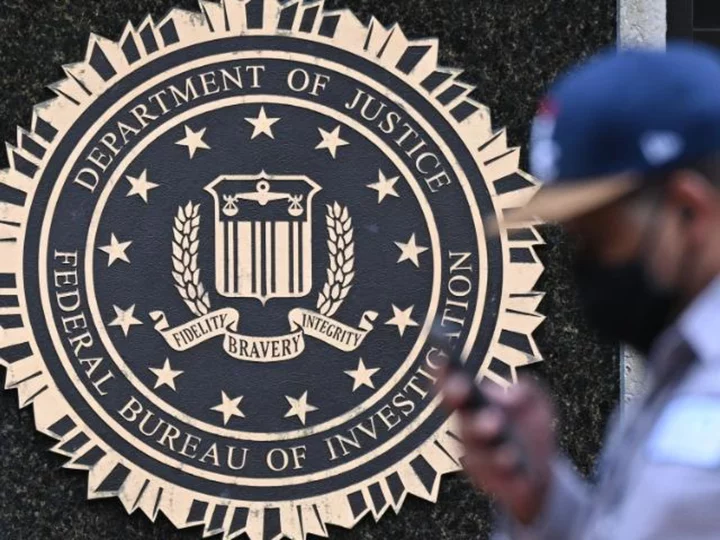Louisiana's Republican-led legislature Tuesday passed a ban on gender-affirming care for most minors in the state, sending the bill to a Democratic governor who has signaled opposition to the legislation but faces a GOP supermajority with the numbers to override his veto power.
House Bill 648 would bar those under 18 in Louisiana from receiving gender-affirming surgeries, puberty blocking medications and hormone treatments, and would punish health care professionals that provide such care to minors with the revocation of their license for a minimum of two years. The legislation passed the state House Tuesday by a vote of 75-25, after the Senate passed it Monday with a 29-10 majority, which included some Democrats.
"Thanks to the bi-partisan support of the Louisiana State Senate, we are one step closer to protecting children in Louisiana from experimental chemical and surgical sex change procedures," said the bill's sponsor Republican state Rep. Gabe Firment. "The people of Louisiana have made it clear that our children are worth fighting for."
While Democratic Gov. John Bel Edwards has said that he "almost never" comments on whether he will veto a bill, he expressed dissatisfaction at a news conference in May with a slate of anti-LGBTQ bills, including HB 648, calling them "damaging" and saying that he did not "think they address any real problems."
"Those are not the issues that I hear about when I travel the state and meet with our constituents and so forth. It appears to be an effort to simply do in Louisiana what we've seen some other states do," he said last month.
CNN has reached out to Edwards' office for comment.
Gender-affirming care spans a range of evidence-based treatments and approaches that benefit transgender and nonbinary people. The types of care vary by the age and goals of the recipient, and are considered the standard of care by many mainstream medical associations.
Though the care is highly individualized, some children and parents may decide to use reversible puberty suppression therapy. This part of the process may also include hormone therapy that can lead to gender-affirming physical change. The surgical procedures that the bill seeks to limit, however, are not typically done on children and many health care providers do not offer them to minors.
The Louisiana bill, if enacted, would prohibit these treatments with limited exceptions. Doctors who began providing such drug or hormone therapy to a minor before January 1, 2024, would be allowed to continue providing care through December 1, 2024, if they determine that "immediately terminating the minor's use of the drug or hormone would cause harm to the minor."
Some Republicans have expressed concern over long-term outcomes of the treatments. But major medical associations say that gender-affirming care is clinically appropriate for children and adults with gender dysphoria -- a psychological distress that may result when a person's gender identity and sex assigned at birth do not align, according to the American Psychiatric Association.
The issue has become a flashpoint with 16 states placing restrictions on gender-affirming care this year -- largely in governments with Republican trifectas. Democratic governors, however, have pushed back on Republican-led efforts to restrict the treatments with varying degrees of success.
Edwards faced similar tensions last year, when he declined to take action on an anti-trans sports ban, allowing it to become law. At the time, he said that while he opposed the legislation, it was clear to him that lawmakers would move to override him if he issued a veto.
Republicans again hold strong enough majorities in the Louisiana's House and Senate to override vetoes from the governor after the state's longest serving legislator switched in March from the Democratic Party to the Republican Party.
Not all Republicans, however, support HB 648. The bill was temporarily stalled in a state Senate committee last month, with the panel's Republican chairman casting a tie-breaking vote against the legislation.
"I've always in my heart of hearts, believed that a decision should be made by a patient and a physician," state Sen. Fred Mills said, explaining his vote.
The state Senate revived the bill the following week by recalling the bill from Mills' committee and reassigning it to another, where it was passed.
"This is a dark day in Louisiana," the American Civil Liberties Union for Louisiana said in a statement after the bill was revived. "Lawmakers have turned their backs on democratic processes, science, parental rights, and the health and safety of children."
The ACLU chapter urged Edwards to veto the bill to "protect the rights of transgender youth and their families."

